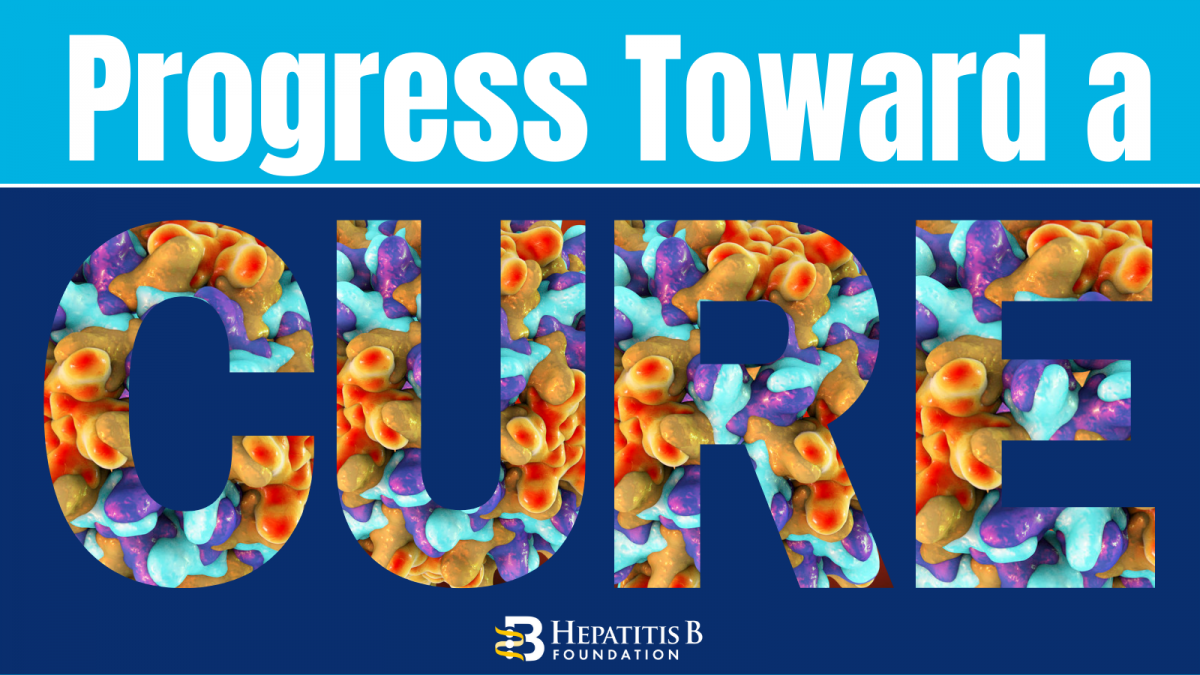
Silymarin or “milk thistle”, an herb and extract of milk thistle seeds, is a supplement commonly taken by people living with hepatitis across the world, yet its proven benefits remain controversial. It is not a treatment for hepatitis B or D, nor has it been shown to have any effect against fighting these viruses. This herb is believed to have possible benefits on liver health due to its antioxidant and free radical fighting properties, although no studies have found a consistent positive effect on viral load or fibrosis scores.
U.S. National Institutes of Health (NIH) has published a directory of what scientific research has discovered about common herbal supplements. Probably the most popular herbal supplement pitched as a liver remedy is milk thistle, and its extract silymarin. The NIH milk thistle report found, “Results from clinical trials of milk thistle for liver diseases have been conflicting or haven’t been clinically meaningful. Some of the studies have been of poor quality, too.” The overall finding is that scientific research has not found any benefit of taking milk thistle.
Silymarin is often taken by patients or suggested by their health care provider during or after interferon treatment ends, presumably with the hope of a protective or anti-inflammatory effect on the liver. But a 2013 study on hepatitis C patients unsuccessfully treated with interferon (the standard treatment for hepatitis B and D coinfection) found no significant difference in silymarin’s ability to lower ALT scores over placebo (a pill with no active drug ingredients)1. Another 2013 metanalysis reviewed 8 studies which tested silymarin against a placebo and looked for measurable levels of improvement in ALT scores, of which the results were mixed and inconsistent1.
However, studies have found improvements in patients’ self-reported quality of life after taking silymarin 2 – perhaps due to decreased stress or self-perceived control over their health. However, a 2012 study which randomly assigned patients either silymarin or placebo to measure possible declines in ALT or hepatitis B and C virus levels, in addition to self-reported quality of life, found little to no improvement in any of these outcomes3 regardless of whether they took milk thistle or a placebo.
Due to mixed scientific findings and lack of proven effectiveness, people living with hepatitis B and/or D should not rely on silymarin as a treatment for these viruses and should discuss any new prescription recommendations with their doctor. Silymarin will not counterbalance damage done by hepatitis B or D viruses. While some studies have found silymarin to be well tolerated with low side-effects3, individual reactions and side effects can vary. In the U.S., supplements including silymarin are not regulated by the Food and Drug Administration (FDA), making the true contents of supplements unknown. For these reasons, patients should be cautious about supplements.
So, what can you do instead? Take your antiviral medication as directed by a doctor, eat a liver friendly diet, and exercise. Check out our blog on healthy habits you can incorporate into your lifestyle.
—
Disclaimer: Herbal products are not U.S. FDA approved, and the Hepatitis B Foundation cannot endorse the usage of such products that lack regulation and scientific evidence to deem them both effective and safe.
—
- Fried, M. W., Navarro, V. J., Afdhal, N., Belle, S. H., Wahed, A. S., Hawke, R. L., Doo, E., Meyers, C. M., Reddy, K. R., Silymarin in NASH and C Hepatitis (SyNCH) Study Group (2012). Effect of silymarin (milk thistle) on liver disease in patients with chronic hepatitis C unsuccessfully treated with interferon therapy: a randomized controlled trial. JAMA, 308(3), 274-82.
- Polyak, S. J., Ferenci, P., & Pawlotsky, J. M. (2013). Hepatoprotective and antiviral functions of silymarin components in hepatitis C virus infection. Hepatology (Baltimore, Md.), 57(3), 1262-71.
- Rambaldi, Andrea & P Jacobs, Bradly & Gluud, Christian. (2007). Milk thistle for alcoholic and/or hepatitis B or C virus liver diseases. Cochrane database of systematic reviews (Online).


